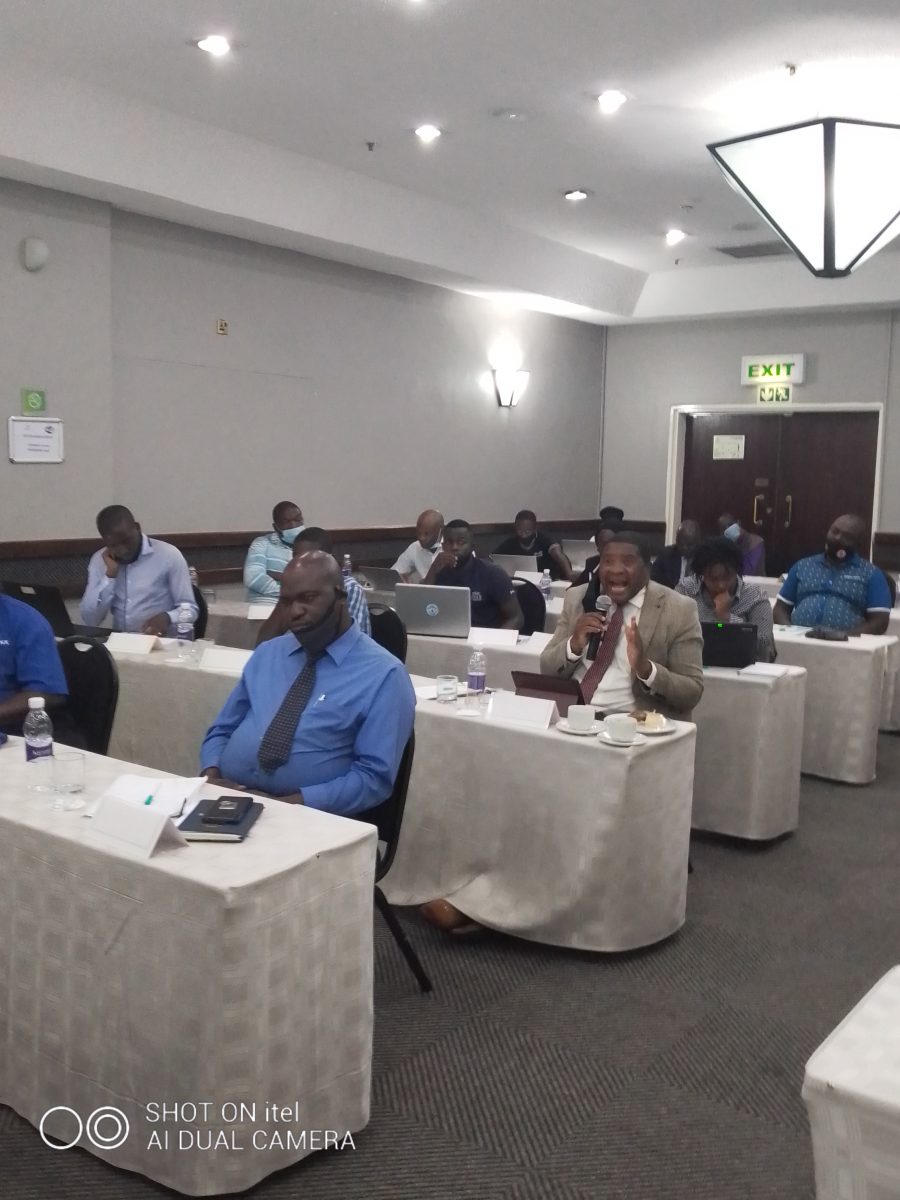A workshop organised by the Harare Residents Trust (HRT) laid bare a plethora of hindrances to deep citizen engagement on promoting effective service delivery in the capital city.
A guru of local governance issues, Professor Innocent Chirisa, the Dean of the Faculty of Social and Behavioural Sciences Department of Demography Settlement and Development at the University of Zimbabwe who is also a Research Fellow at the University of the Free State in South Africa ably facilitated and guided the discusssion.
A resident of Budiriro who identified herself as Mai Winnie bemoaned the lack of unified and shared purpose among residents as a stumbling block to effective service delivery.
“Where I stay near the Budiriro Youth Training Centre, it’s apparent that citizens lack unity of purpose. Residents identify themselves either as affiliate church or political party members instead of working together for the good of their locality.
“One gifted community leader affiliated to the ruling party once mobilised people to open up a blocked drain near Budiriro High School. While his idea was noble, most of the people who heeded his call and participated in unblocking the drain were from his political party and church. I feel it is important for residents to unite on issues of development first before bringing up issues to do with politics or religion,” Mai Winnie said.
Closely related to the issue of the lack of unity of purpose by the residents was the political party whipping system that also emerged as a major deterrent to efficient and effective service delivery.
“The majority of councillors are from the MDC Alliance. At the secretariat level are appointees by the ruling party who include directors and administrators. When ZANU (PF) lost control of the Harare City Council in terms of the number of councillors, the government was quick to reduce the decision making powers of the council by removing executive mayors thereby leaving them without power.
“Every decision should be approved by the minister of local government. In this case the minister of local government is July Moyo who is a ZANU (PF) cadre. All major developmental decisions are turned down by the minister of local government as was revealed by Councillor Jacob Mafume who is currently facing legal battles with a view of scuttling the work of elected councillors ahead of the upcoming 2023 elections,” said Hon. Willas Madzimure, the Member of the House of Assembly for Kambuzuma.
It also emerged that there is a dearth of civic education on matters that pertain to citizenry. Citizens have a right to demand adequate service delivery.
The Harare Residents Trust, in partnership with the Zimbabwe Lawyers for Human Rights, have in the past ably provided legal assistance to citizens who got injured because of the negligence of the council when they leave holes on the streets, for example, that pose threats to residents, Mr. Precious Shumba, the HRT Director said.
The case of devolution also emerged as a thorny issue. When power is decentralised, sometimes those assigned may still lack the power to make effective decisions.
Commenting on legislators, Prof Chirisa said their effective oversight may depend on the specific oversight powers given to the Parliament.
“The effectiveness of the oversight role of Parliamentarians depends on a number of factors. This depends on whether the Parliament has the ability to modify legislation; on whether parliaments and parliamentarians are given proper information to adequately perform their oversight tasks; on the role of individual members of parliament; on the role of committee chairs; on swings in the political mood of the country; on tensions between the executive and the legislative branches, and on the saliency of issues and how aggressively the opposition performs its role,” Professor Chirisa said.






